Local history provides the foundations of culture and identity within communities. It imparts us with knowledge to understand our past, learn from mistakes, and recognise the aspects that make our communities unique. Historical change is generated by countless individuals; everyone contributes to the ongoing story of a community and its social impact. Local history helps us realise that we are part of something and that makes it worth finding and preserving. Of all cultural heritage institutions, libraries are most widely acknowledged as custodians of local history and repositories for the collective memory of their community.
The digital environment is growing rapidly, and so too is the demand for information to be accessible online. Libraries are adapting to the changing landscape by moving to new and innovative methods for delivering and sharing digital content relating to their vast collections. Digitisation is one method that has been more frequently undertaken by libraries and it ensures items (such as film, photographs, documents, artworks and audio) can be made available online for public use. This increase in digitisation projects complements the important role played by the library to support education, research, and community engagement.
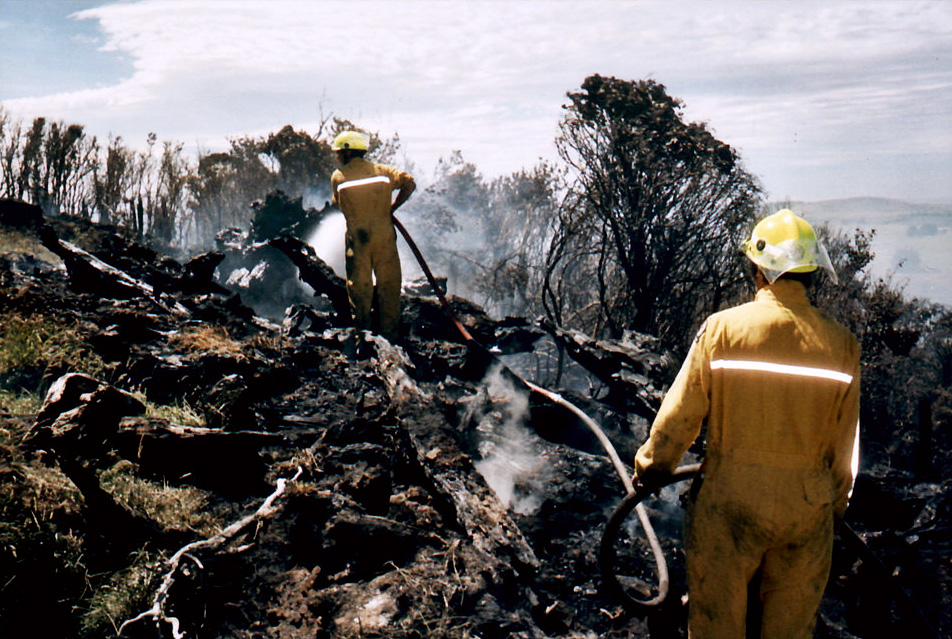
In particular, the Covid-19 pandemic highlighted the need for New Zealanders to be connected to the digital world and online resources. Libraries often perform an essential role by facilitating inclusive access to content. By engaging communities with local history collections libraries can help link people to their shared past and stories.
NZMS developed the digihub concept with the goal to help libraries promote community engagement and better connect them to their stakeholders. A digihub is a space where both librarians and the public have access to digitisation equipment (computers, camera, scanners, and lightboxes). It allows them to digitise heritage items and upload images or video to online content management systems like Recollect. Implementing a digihub results in an increase in digital literacy and upskilling across library employees and individuals in the community. It also provides lasting digitisation capability and guarantees the preservation of historical material that will be of significant benefit to New Zealanders for generations to come.
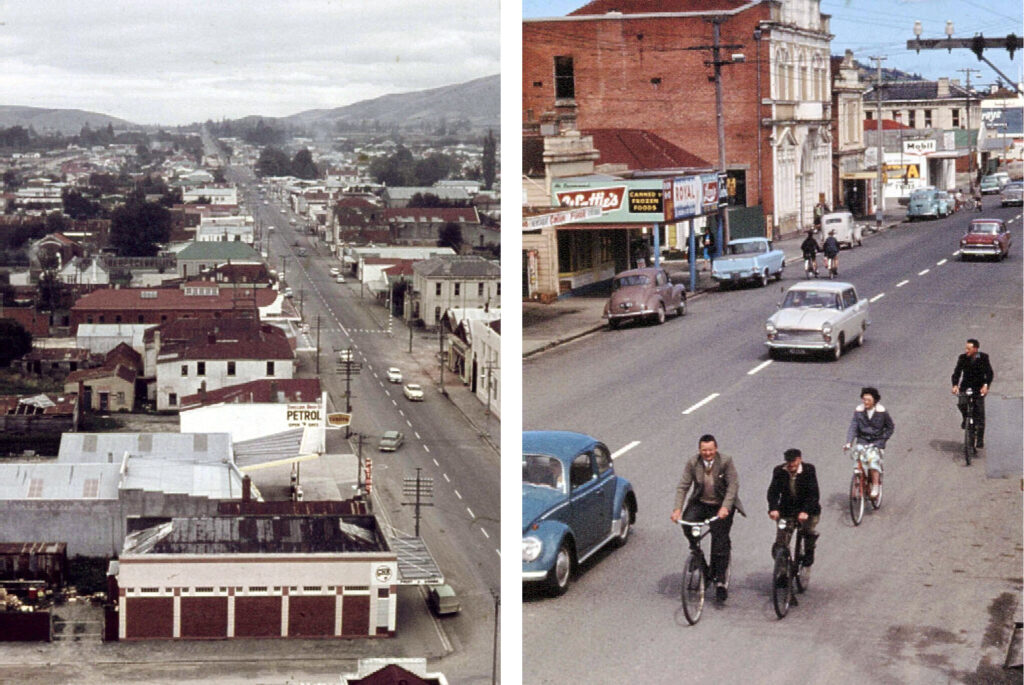
Libraries play an important role in preserving local history and NZMS hopes that by offering the technology to digitise and share resources online, libraries can more easily preserve their own local histories and patrons can even contribute to their library’s collection. For example, a large amount of an area’s local history is likely sitting in individual’s attics or in the back of wardrobes in the form of old photographic prints, negatives, or slides.
Clutha District Libraries recently established a digihub through NZMS in the hopes of creating a district-wide cultural heritage repository that facilitates the collection of Clutha’s stories. Tiffany Jenks, Community Heritage Coordinator for Clutha District Libraries, notes that heritage is incredibly important to the local community; there are dozens of heritage societies and museums across the region. A digihub allows Clutha District Libraries to support their community and help them share untold stories about local families, clubs, and groups that are held in private collections. It gives locals access to quality digitisation equipment so they can help the library produce and maintain a comprehensive online archive.

“The digihub allows the library to work in the heritage space a lot more. We’re in a district where people really value their heritage and for a long time the library’s collection simply consisted of a locked cabinet full of local history books… Now we can tap into the knowledge of the community and get them involved in creating our online archive. It’s fantastic being able to easily share Clutha stories on Recollect by uploading oral histories, photographs, books, and more!”
Local history is valuable to communities because it records the triumphs and struggles of ordinary people, unlike national history that focuses on more far-reaching events. It portrays how cultural changes impacted peoples’ lives by capturing day-to-day details and stories. Local history reflects larger societal patterns on a smaller, more intimate, scale. It transforms monumental examples of historical change into tangible stories that uncover the lives of individuals and their place in history.
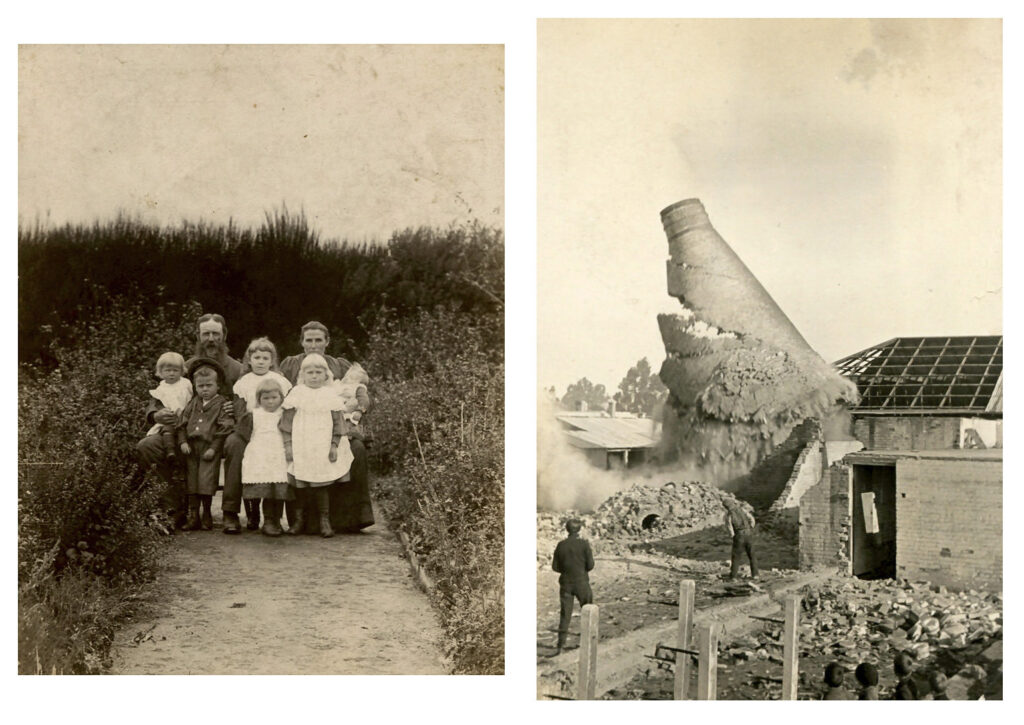
Tiffany believes that the digihub can open up new service avenues for Clutha District Libraries. For example, it means librarians can better assist local schools and students to research New Zealand History from a local viewpoint — a topic that is set to become part of the New Zealand curriculum.
Alongside the digihub, Clutha District Libraries also implemented their own Recollect site, Clutha Heritage, to securely upload and share the content they are creating. Recollect encourages community engagement by offering a range of tools to help contributors easily add content, make recollections, suggest edits, tag people and places, and take part in crowdsourcing. It even has the option to build online narratives or exhibits that can give life to community stories and contribute meaningful information to local history research. Clutha Heritage provides an opportunity for local heritage organisations to reach a wider audience.
“The Recollect training was really good! I’ve never worked with a collection management system that is so malleable. Recollect and NZMS staff are very supportive and it has made my job a lot easier as well.”
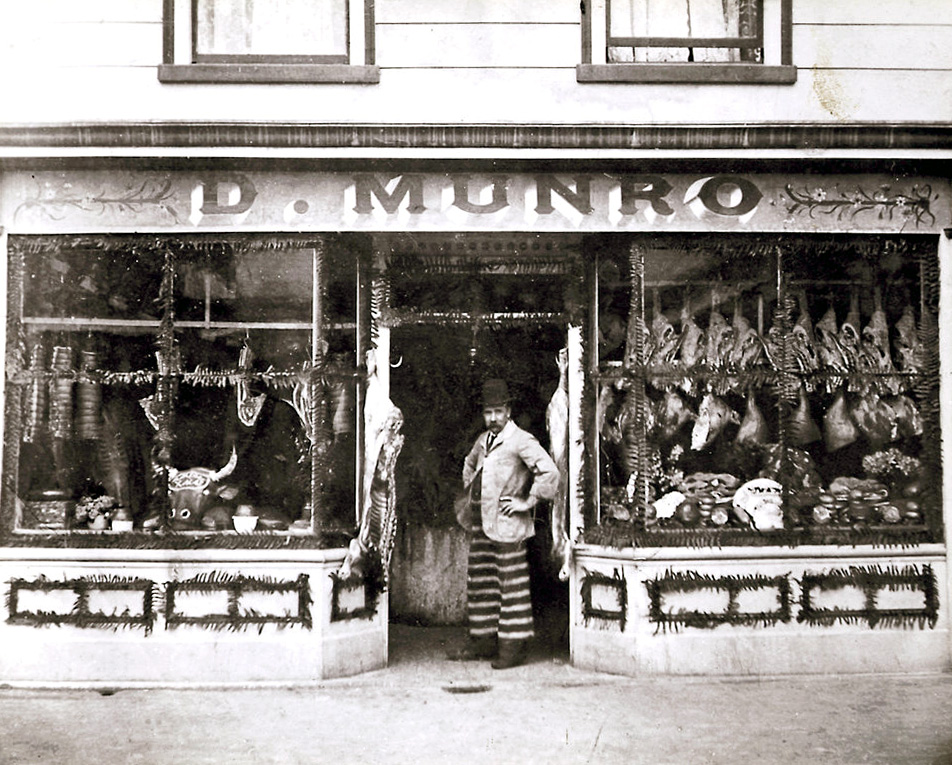
Online engagement with Clutha’s local history has grown since the introduction of Clutha District Libraries’ digihub and Recollect site. Tiffany frequently shares Recollect content to the libraries’ Facebook page and uses her personal account to post content to the a wide range of local groups.
“Each town has their own local Facebook page. If I share items like oral histories to those pages we get heaps of online engagement; I see the google stats for the Recollect site go up massively…”
Clutha District Libraries’ digihub has prompted the library to do a lot of outreach work in their community — something that both helps people connect to their history as well as feel a sense of comradery; that they are part of something bigger than themselves. Tiffany frequently visits local people’s homes to collect material to digitise or to record oral histories.
“At the moment it has mostly just been me going out and approaching people to see if they want their items digitised. I’m starting to see a change where people actually reach out to approach me first. The longer the project goes on, the more people will be aware of Clutha Heritage and will want to contribute. Once we are out of Covid restrictions, I hope to start running training programmes to help people learn to use the equipment themselves and upload to Recollect.”
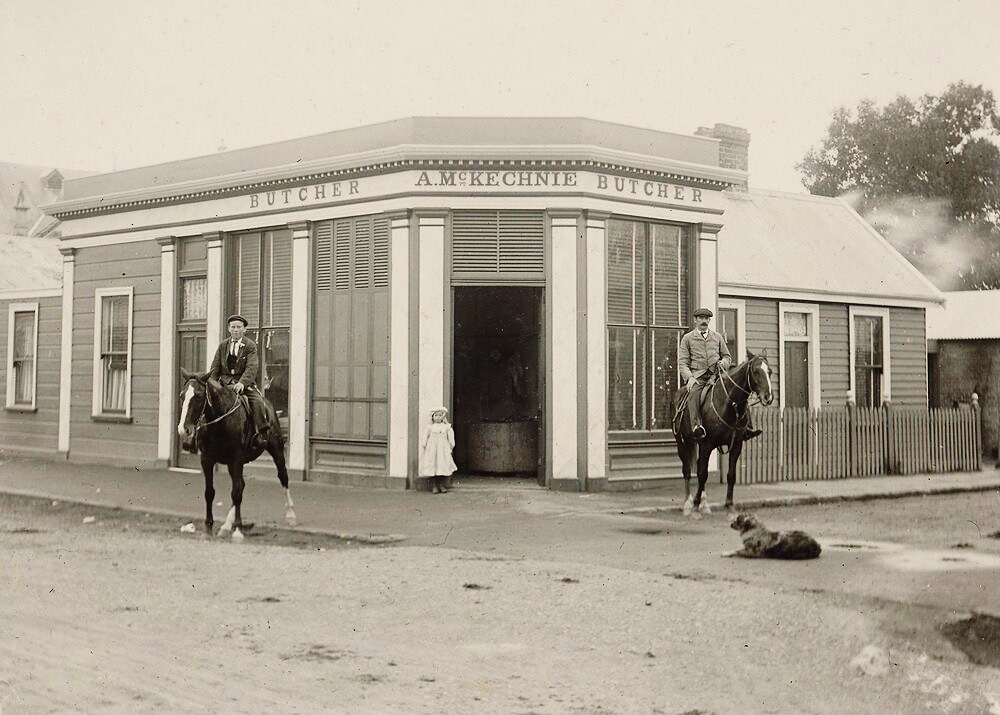
Tiffany has already digitised a whole range of items with the library’s digihub: photographs, albums, ledgers, minute books, oral histories, and even some objects. A wide-range of people in the community have shown an interest in preserving local history through Clutha Heritage. The Hart family, who ran the Weatherston’s brewery in Lawrence, recently approached Tiffany to digitise family photographs and archival documents from the business.
“There is also a woman in Waihola who has approached me about digitisation — she acts as the custodian of Waihola’s community history photographs. I’m hoping that she might be one of the people who learns to use the digihub herself.”
Digitising the local history of Clutha’s community is in some cases a time critical project. This is especially true of items like oral histories which need to be recorded before crucial memories are sadly lost alongside older generations. Tiffany mentions that of all the items digitised, oral histories are the most popular material and generate the most online engagement.
“A lot of the oral histories speak of times that people can remember…people enjoy listening to them and then reminiscing about certain parts of their life or people they once knew. An individual might be listening to an oral history and hear something about their grandparents — this can lead to them learning things that they didn’t know before and gaining a different perspective of their family.”
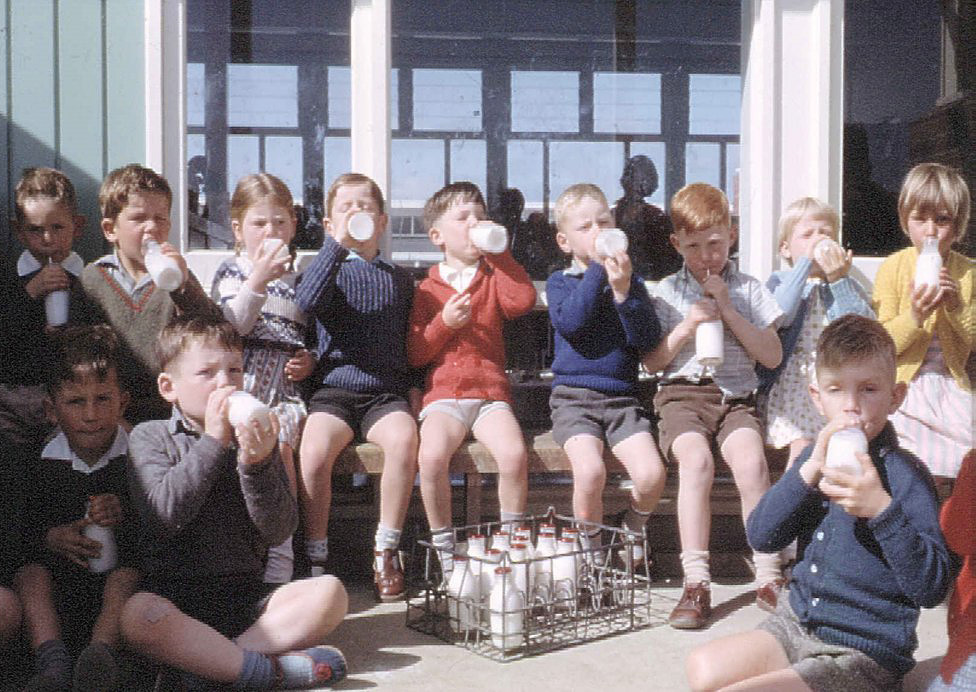
Clutha District Libraries’ digihub provides remarkable long-term benefits and opportunities for the community. It helps to develop community cohesion and protects Clutha’s unique cultural heritage. It ensures the Clutha community is connected to their whakapapa and ancestors, while also safeguarding important lessons from the past for future generations.
“Having this new space where we can record and share stories means we are able to work more closely with our community. It also reflects how much the community appreciates and values heritage.”
The Clutha Heritage project is funded by the National Library’s New Zealand Libraries Partnership Programme until June 2022. Tiffany hopes this will be extended by the council given the positive feedback from the community that overwhelmingly indicates there is a need for further investment in heritage.
Digihubs help communities undertake their own digitisation and associated activities with the same level of efficiency and standard as larger national organisations, e.g., the National Library or Archives New Zealand.
Please contact us to learn how a digihub could benefit your organisation and community!
